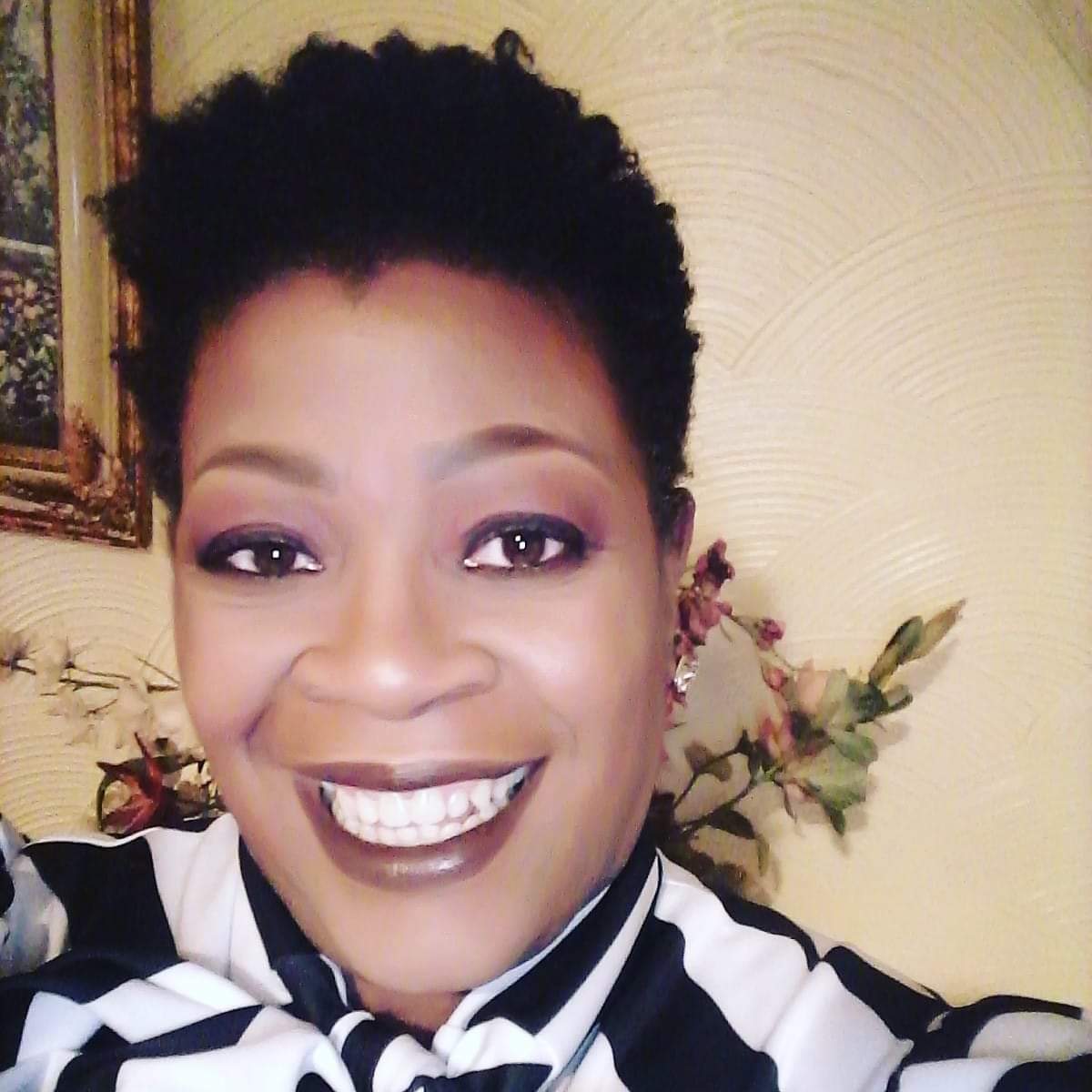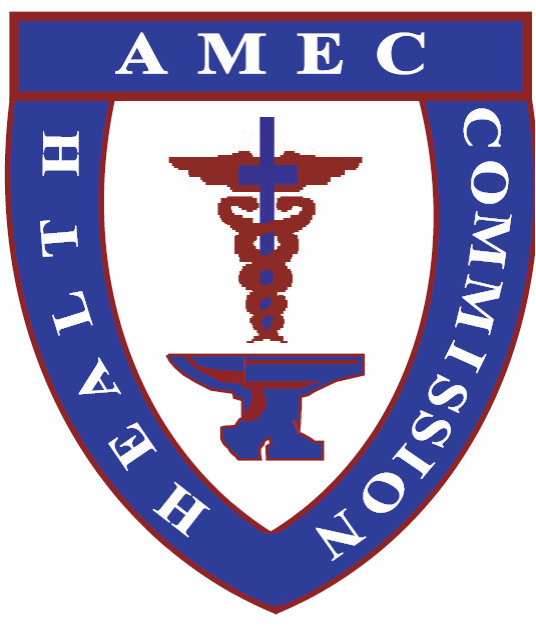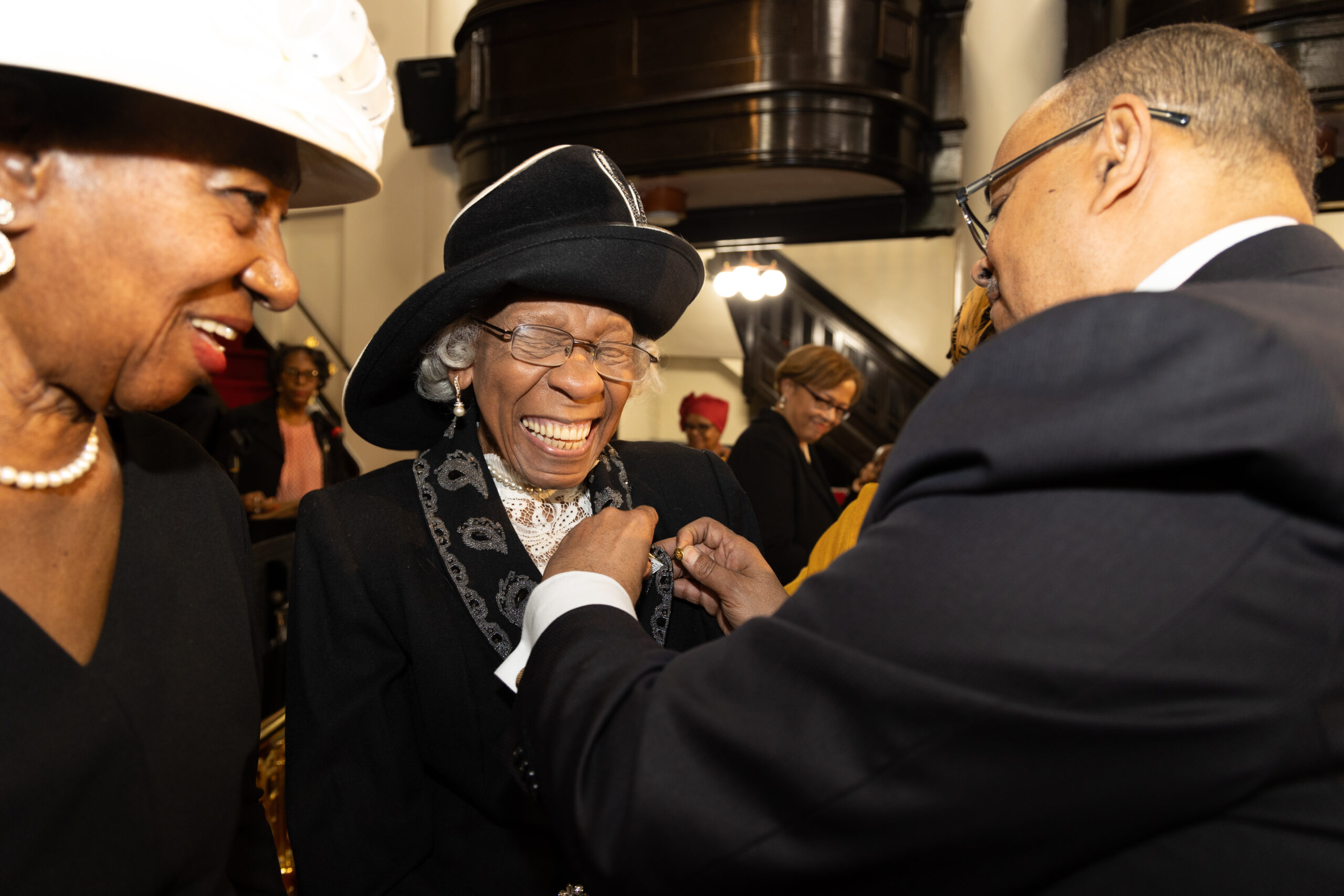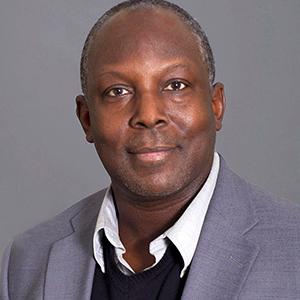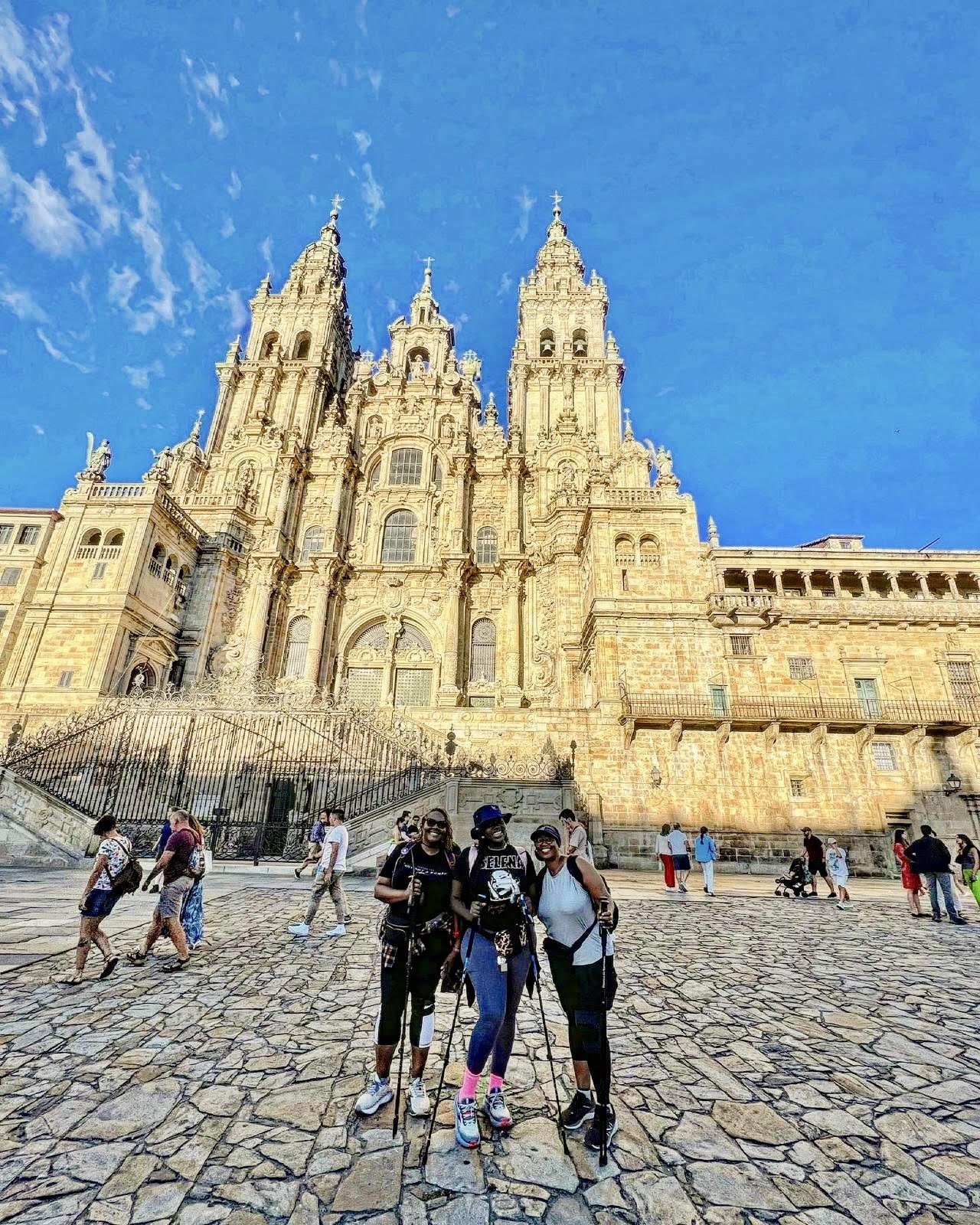By Rev. Bridget L. Mitchell, 5th Episcopal District
I am a proud Kansas Citian- native from Missouri and not Kansas. We have the best barbeque. Kansas City has Mahomes and the Chiefs. We have the famous 18th and Vine Jazz Districts whose club stages were graced by legends such as Louis Armstrong and Dizzy Gillespie. We have the legendary Call Paper, established in 1919, one of the fewest and largest Black-owned newspapers in the country to date. There is the Negro League Baseball Museum that tout the accomplishments of Buck O’Neil, who was a long-time member of Bethel AME Church in Kansas City, Missouri.
We also have streets and buildings named after notable African American Kansas Citians. Brush Creek Boulevard, one of the longest streets in Kansas City, was renamed Emanuel Cleaver Boulevard after the first Black elected mayor in 1999. The street is a major thoroughfare connecting the city’s east and west side. What we do not have is a street named after the civil rights icon, Dr. Martin Luther King, Jr. Some people may be confused, angry even, as to why a major metropolitan city would vote down a measure to rename a major street after the famed civil rights leader.
On January 24, 2019, the Kansas City Council voted 8-4 to change the name of a 10-mile stretch of a street named Paseo to Dr. Martin Luther King Boulevard. This agenda was pushed by a handful of local politicians, activists, and clergy with no vote from the surrounding residents. According to a Kansas City Ordinance, to make a name change to a street, there must be a 75 percent approval vote by property owners on that street. There was no vote. Let me reiterate the last statement: the residents were not consulted on whether they wanted to rename the street on which they live. The residents were not given a chance to vote. This inalienable right was taken from the residents and is reminiscent of the voter suppression efforts of today and earlier decades.
It is not correct that Kansas Citians do not want to honor a man whose fight for equal rights is what enables me to have the freedoms that I have today. We do want to honor Dr. King but we want to vote on how to honor his legacy that is befitting of his work and not put his name on one of the “least worst” of the top three worst streets in Kansas City, Missouri. Researchers have found that most streets named after Dr. King are more likely to be poor and Black, conducive to redlining practices that seek to keep out economic development and beautification projects from those neighborhoods. Dr. King deserves better than that and so do the residents of that 10-mile stretch of street.
The By Rev. Bridget L. Mitchell is the pastor of St, Matthew’s Chapel AME Church in Boonville, Missouri.

